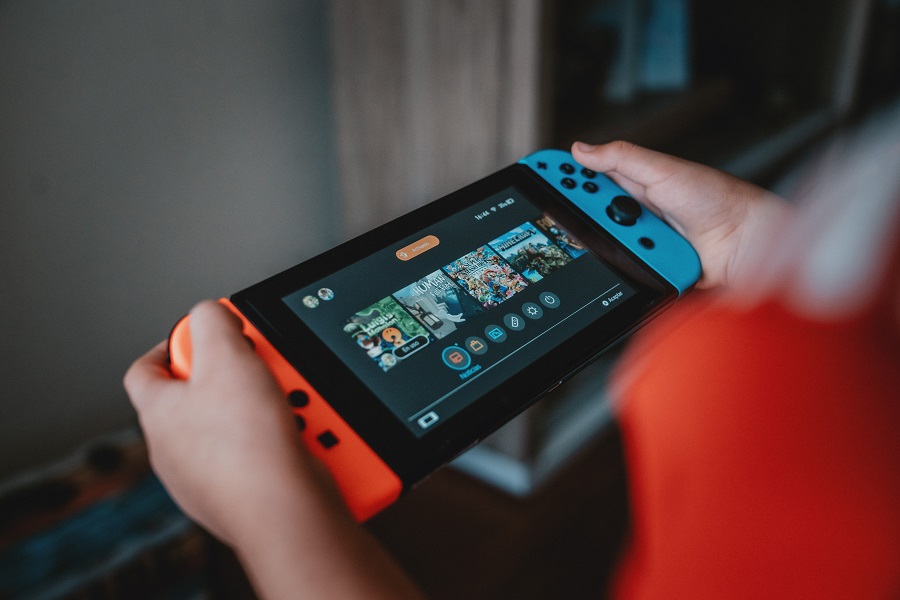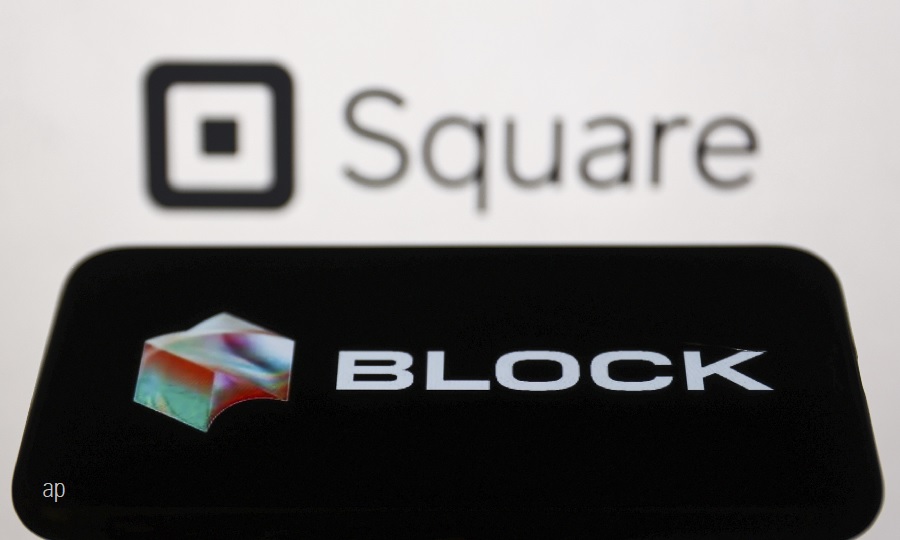
Based on lower-than-expected shipments of Nintendo’s (7974) Switch consoles and games in the December 2022 quarter, we estimate software and hardware shipments over the past three years had been pushed slightly higher than normal due to the pandemic, amid a lack of variety in entertainment. Looking ahead, with the reopening of businesses and the possible economic slowdown, we expect consumer spending on games to be selective.
In addition, PlayStation 5 shipments, which have been sluggish since launch due to supply shortages, are expected to finally increase, which may also affect Switch console sales.
As a result, we revise our fair value estimate for Nintendo to JPY 6,000 from JPY 7,000 due to the lower software shipment assumptions. Nevertheless, we believe that the sharp drop in the share price after the earnings announcement was somewhat an overreaction, as Nintendo still has over 100 million playing users and strong game titles such as Pokémon, which posted record sales in the December quarter, to generate solid sales. We believe that Nintendo’s shares are currently fairly valued.
Our fair value estimate for Nintendo is JPY 6,000 per share. In our base-case scenario, we forecast that lifetime shipments of the Nintendo Switch will reach 157 million, exceeding the success of Nintendo Wii, which shipped 102 million.
Driven by Nintendo’s attractive games, Switch made a great start in the first year, which will enable more third-party publishers to join in the ecosystem.
As a result, the Switch platform will be accepted by many more people than Wii U (the previous platform), which shipped 14.2 million throughout its lifetime. Progress in controlling costs on the new platform will also contribute to improving Nintendo’s profitability.
As a result, we expect the firm's operating income for fiscal 2022 (financial year ending March 2023) to be JPY 485 billion. Switch shipments will gradually slow down after hitting a peak in fiscal 2020, but we forecast that its operating income will remain at JPY 440 billion in fiscal 2026, as increasing revenue from digital content, such as the add-on content and monthly subscription fee of Switch Online, should mitigate the effect of the console cycle.
Nintendo Earns a Narrow Economic Moat Rating
Our Morningstar Uncertainty Rating for Nintendo is Medium. While we had been concerned about the very high volatility of the gaming industry, we are encouraged that Nintendo’s integration of two platforms (home and portable consoles) has enabled it to release first-party games more consistently each year than before, helping to mitigate the cyclicality.
Switch console shipments in the December quarter were 8.2 million, below our expectation of 9 million, and down 22.9% from the previous year. Although Nintendo launched attractive first-party games, such as Splatoon 3 and Pokemon Scarlet and Violet, this was not enough to boost the console shipments. Given the lower-than-expected shipments, Nintendo revised its console shipment target for fiscal 2022 (ending March 2023) from 19 million to 18 million, which is 21.9% lower than the previous year.
We believe that Nintendo’s policy change in 2014 is offering the firm a new growth opportunity, through not limiting its popular characters to game consoles, but expanding them to other platforms—such as launching smartphone games, allowing Universal Studios to use its characters, launching animation movies, and selling figurines.
We assign Nintendo a narrow Economic Moat Rating, which is underpinned by its strong IP. While the gaming platform continues to change with the times, we believe Nintendo is able to retain excess return by leveraging its attractive characters, which are difficult for competitors to replicate.
Kazunori Ito is director of equity research at Morningstar Asia




























